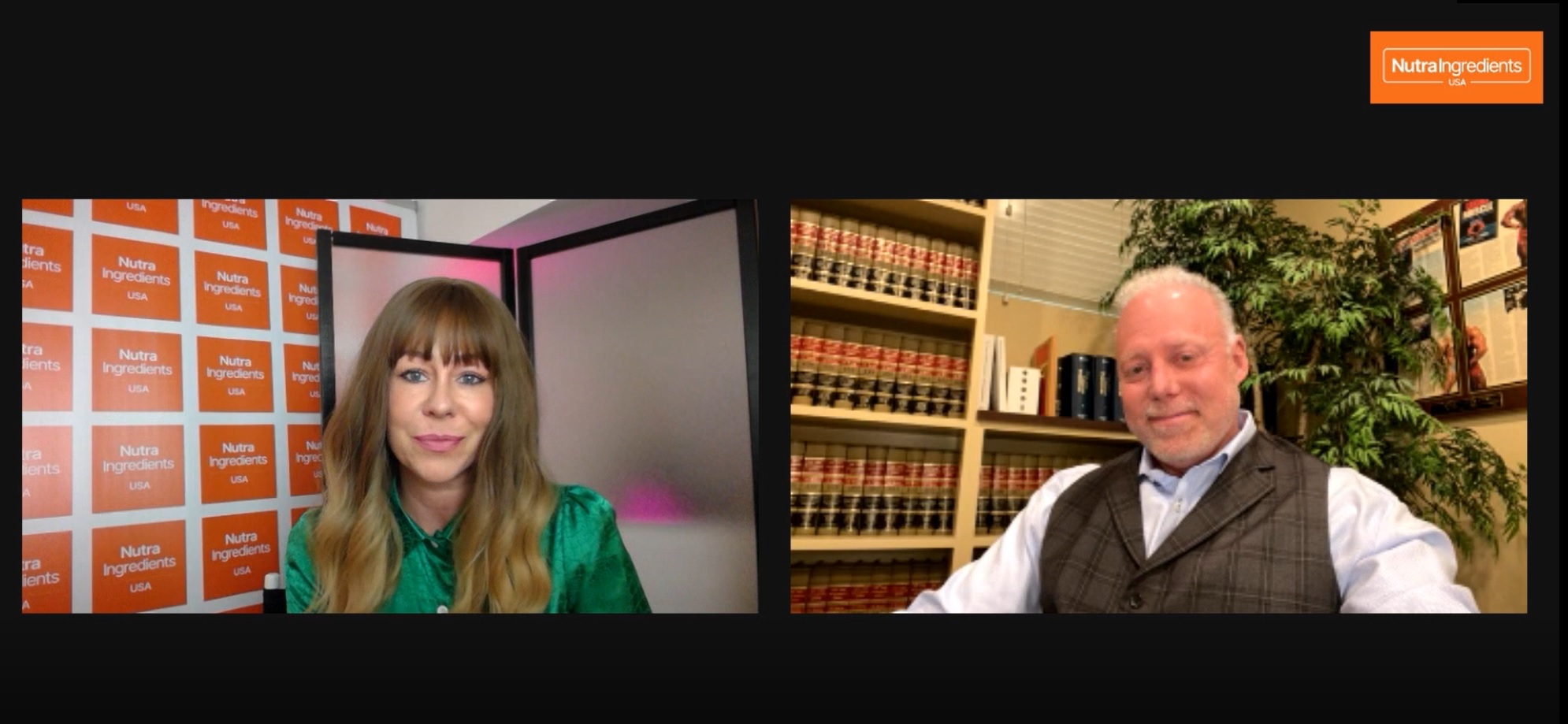The platform recently updated its community guidelines to prohibit “facilitating the trade or marketing of weight loss or muscle gain products”, including creatine and protein.
Where did this come from?
“I think this grows out of a perception that in some way certain products that promote muscle building or weight loss are actually causing weight problems, whether it’s body image issues or disordered eating problems in adolescence. And that’s something that’s a narrative that we’ve seen pushed not only at this as an example in the social media platform but even in state legislatures. And so this sort of narrative has been out there for a little while and appears to have been picked up by Tiktok,” said attorney Rick Collins, partner at Collins Gann McCloskey & Barry PLLC.
In order to combat such narratives, the Council for Responsible Nutrition (CRN) funded a review of the scientific literature pertaining to eating disorders and dietary supplements. The research, conducted by Susan Hewlings, PhD, concluded: “The evidence to date does not support a causative role for dietary supplements in eating disorders. The use of dietary supplements for weight management in both male and female teens appears to be declining, and the objective of weight loss is not observed as a common motivation for the use of dietary supplements among this age group.”
However, other research did find that teens and young adults who reduced their social media use by 50% for just a few weeks saw significant improvements in how they felt about both their weight and their overall appearance compared to peers who maintained consistent levels of social media use.
Restricted content
TikTok’s restricted content includes showing or promoting “potentially harmful weight-management behaviors” such as restrictive low-calorie diets; using medication or supplements for weight loss or muscle gain; and exercises designed for rapid and significant weight loss, such as “cardio routines that promise to help you lose a waist size in a week,” the company said in a statement.
“It’s interesting, I noticed that the TikTok, while at the same time that it doesn’t want protein to be marketed on their platform, they do allow specifically marketing and describing and showing competitive eating contests, such as hot dog and pie eating contests,” Collins said.
“I’m not minimizing the issue of body image issues or eating disorders, but…we’re at a time now where…one out of five children and adolescents are obese. So we definitely have eating problems in this country, and I’m not sure that we’re focused in the right direction by limiting the marketing of whey protein to anybody.”
In addition to competitive eating contests, fitness routines, sports and nutrition that are not primarily focused on extreme weight loss, marathon training or bodybuilding competitions and religious fasting are permitted on the platform.
Under the microscope
This new rule comes at a time when TikTok, which is owned by Beijing tech firm ByteDance, is facing increased scrutiny as it fights a potential ban in the United States.
